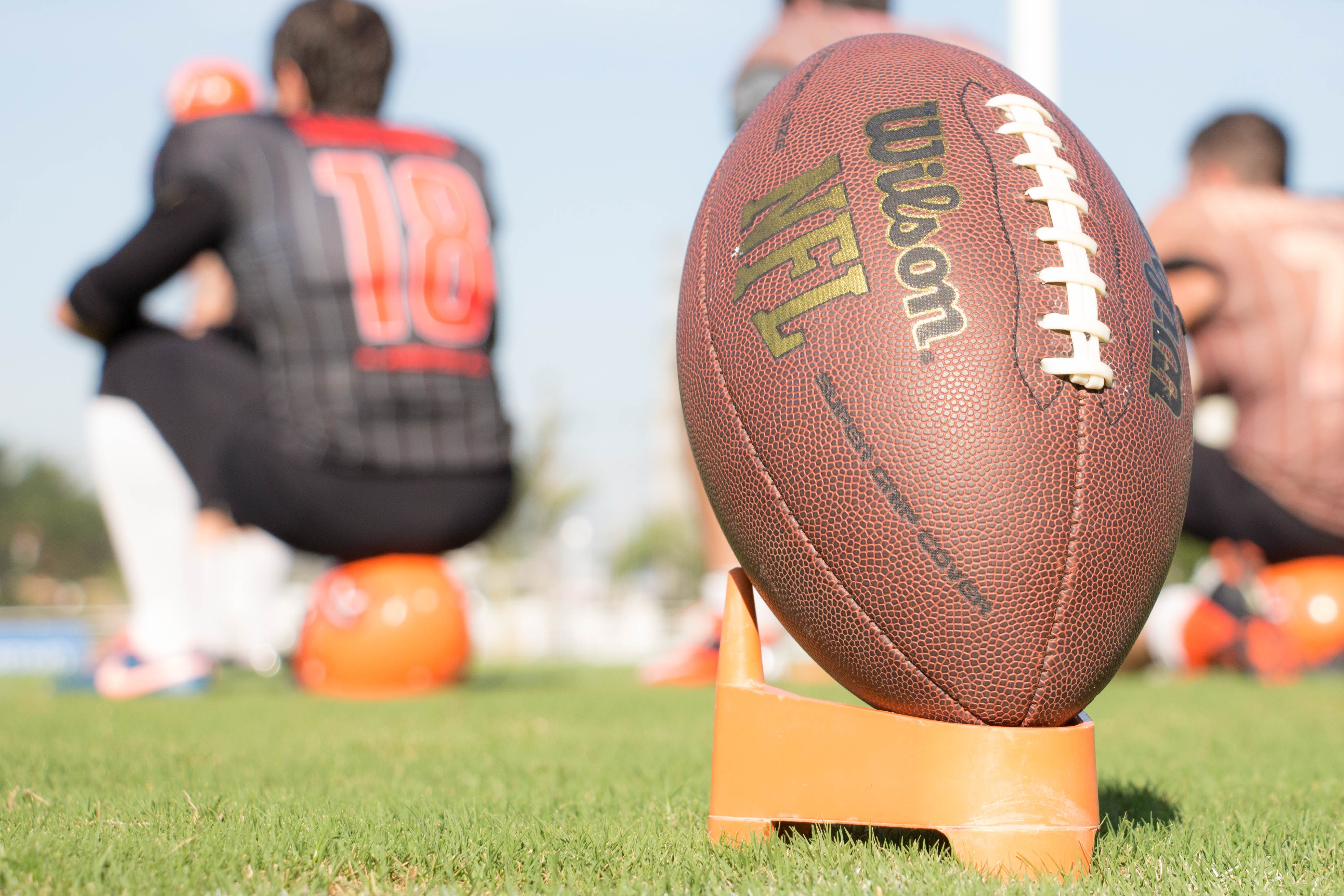Defensive end Myles Garrett ripped quarterback Mason Rudolph’s helmet off of his head and swung it at him near the end of a Thursday Night Football matchup between the Pittsburgh Steelers and Cleveland Browns. After the game, Garrett admitted to his wrongful action, stating, “I lost my cool and regret it. It’s going to come back to hurt our team.”
But could it also hurt Garrett off the field, in a court of law?
The game was played in Cleveland, Ohio.
In Ohio, the elements required for a civil action of battery are an intentional, unconsented to touching that results in damages. The standard for assault is a bit lower. No actual touching needs to occur.
In Ohio, the cause of action for civil assault can be established if one demonstrates a willful threat or attempt to harm or touch another offensively, which threat or attempt reasonably places the other in fear of such contact. A key element of the claim is that the actor must have known, with substantial certainty, that his act would bring about harmful or offensive contact.
Thus, whether or not Garrett actually struck Rudolph with his helmet may be vital for a potential claim of civil battery, but it is not required for a claim of civil assault to proceed.
But what about the fact that Rudolph assumes many risks when he enters the field of play in the NFL? This was something that was brought up by sports business reporter Darren Rovell in a tweet, wherein he stated, “For everyone saying that Myles Garrett should be charged with assault on Mason Rudolph, being on the field of play where combat and force is not only allowed but encouraged makes it a little harder to prosecute.”
Rovell is right to an extent. Athletes may be shielded by affirmative defenses such as assumption of risk for acts that are considered to be a part of the game. However, the removal of an opponent’s helmet and the attempt to strike that individual with the helmet, which has been converted to a weapon, appears to fall well outside the scope of what is considered to be an assumed risk when one enters onto an NFL field.
Interestingly, there is a 10th Circuit case that addresses the issue of assault and battery on the field of play, albeit with a different set of specific facts. That case, Hackbart v. Cincinnati Bengals, Inc. from 1979, addressed whether an injury incurred during a regular season NFL game can give rise to liability in tort when the injury was incurred after an intentional striking during the game.
In Hackbart, Denver Broncos defensive back Dale Hackbart was injured by Bengals player Charles “Booby” Clark. In that case, the injury to Hackbart was sustained as part of a play. One of Hackbart’s teammates intercepted a pass, turning Hackbart from a defensive player to a player on offense, and Clark “struck a blow with his right forearm to the back of the kneeling” Hackbart.
The trial court ruled in favor of Clark when Hackbart brought a civil action. It noted that, even though the striking was intentional, the game of professional football is a business that is violent in nature.
I would expect that Garrett uses language from Hackbart should Rudolph file a civil action against Garrett. He would claim that Rudolph assumed the risk of injury and cannot prove unnatural fear due to the level of violence and frequency of emotional outbursts in the NFL. It could also be used as a defense to an infliction of emotional distress claim by showing that, while swinging a helmet at another person in a different setting may be seen as “outrageous conduct,” it is not necessarily outside applicable norms of NFL football games.
Yet, such defenses are certainly not as strong in this instance as they were in the Hackbart case. Facts can and will be distinguished, should a case be brought.
Further, on appeal, the court held that NFL players do not assume risks that have no relation to the sport.
Garrett knows he was in the wrong. His teammates know he was in the wrong. Now it is a wait-and-see as to whether Rudolph chooses to bring a civil action against him for his wrongful act.

